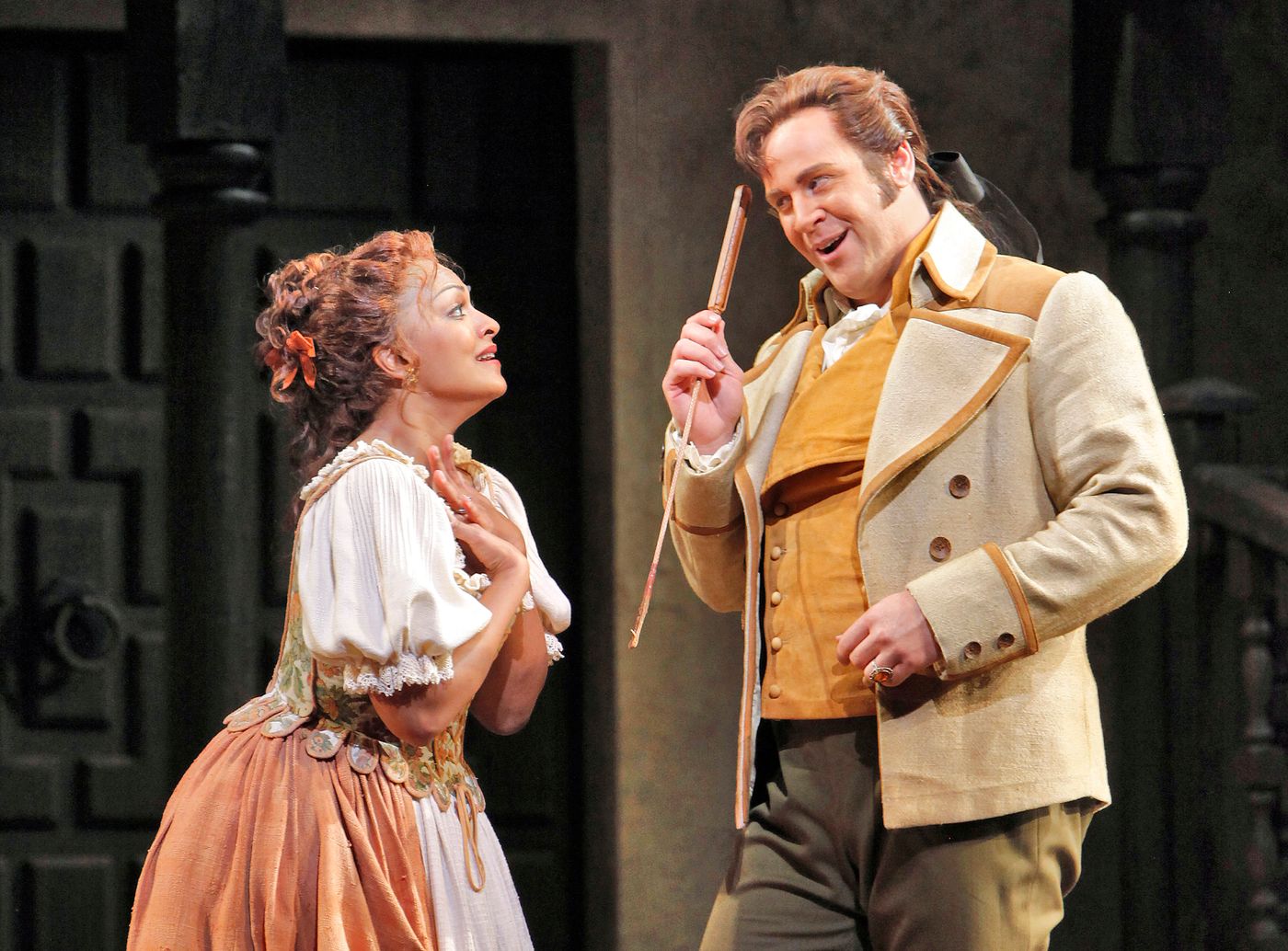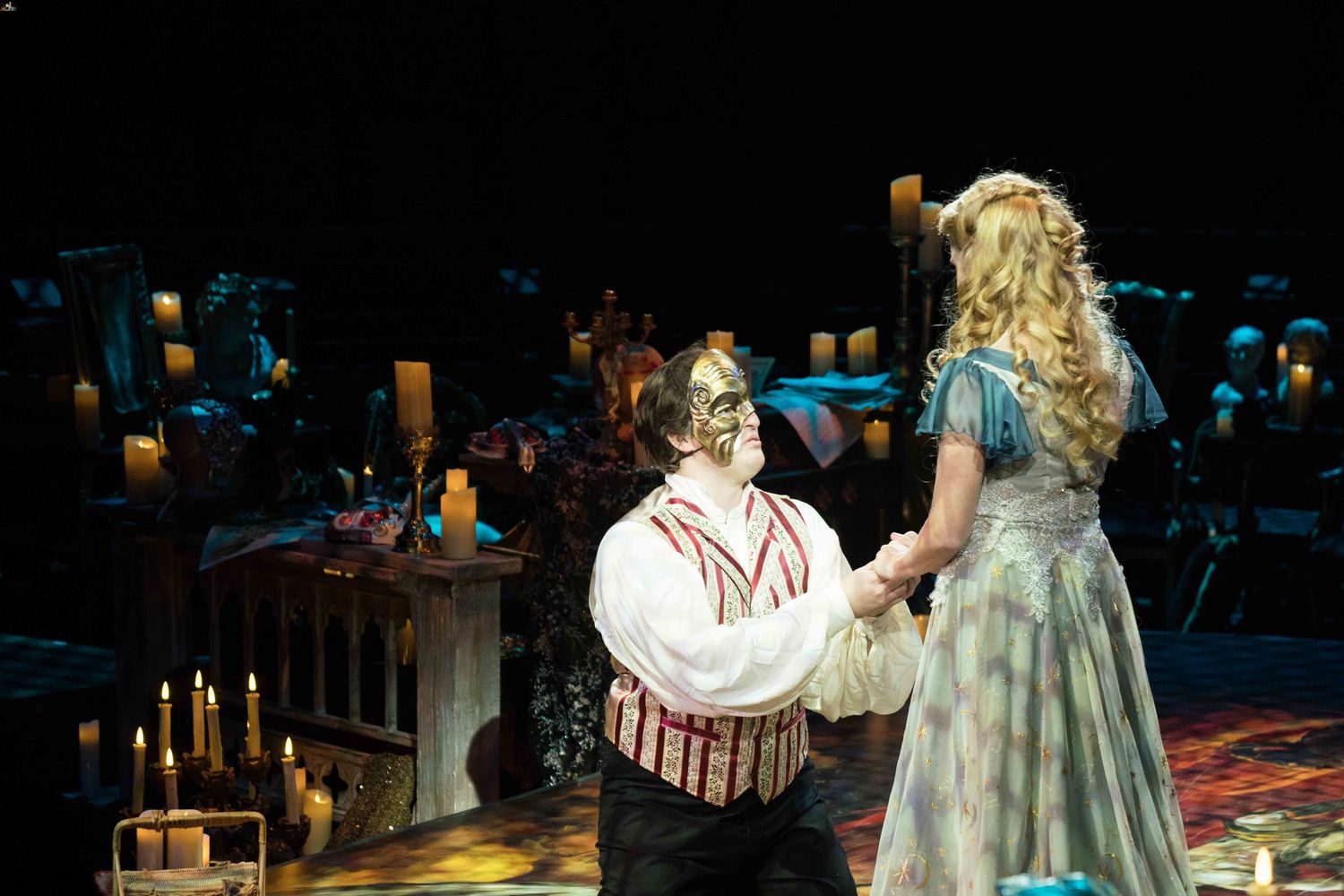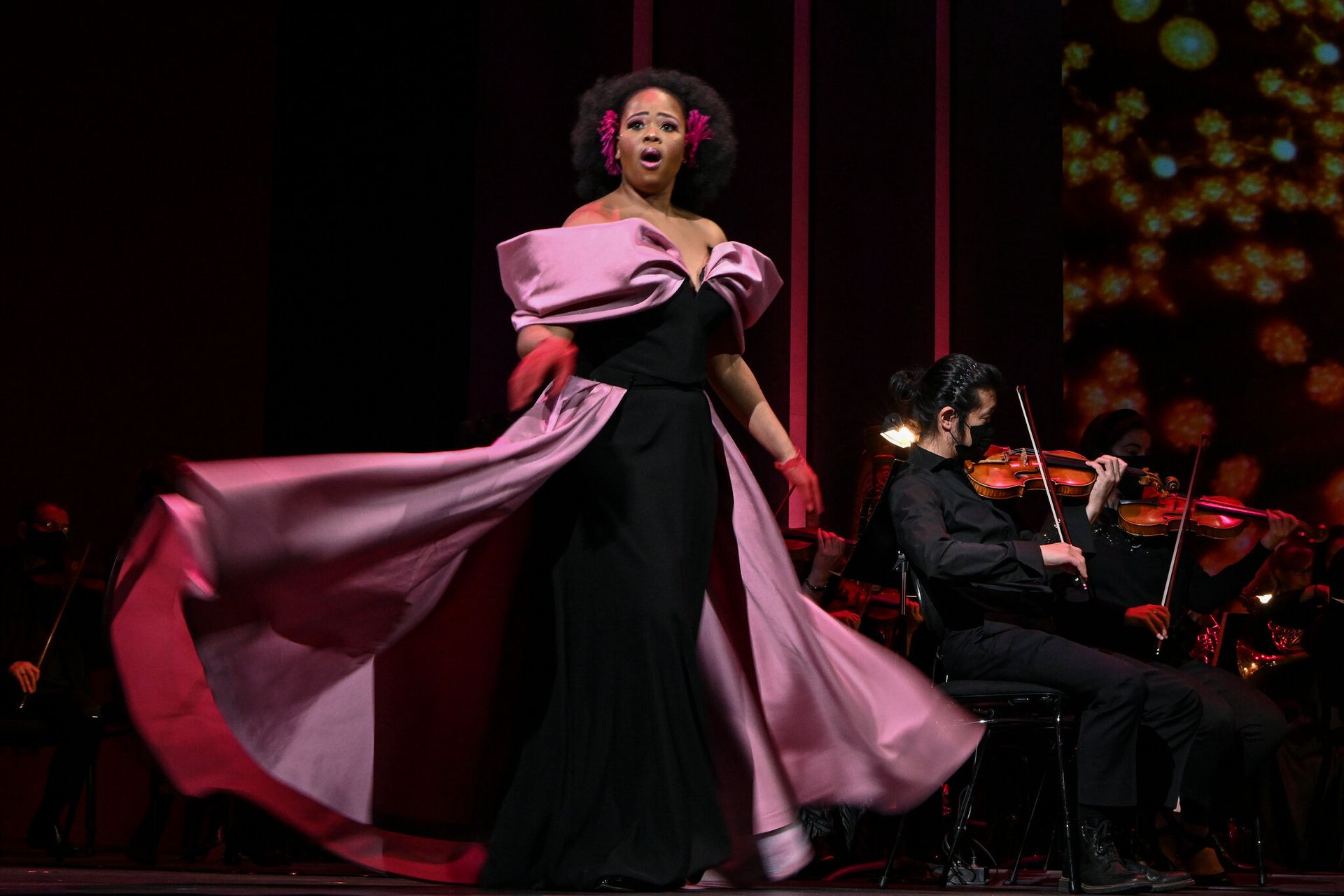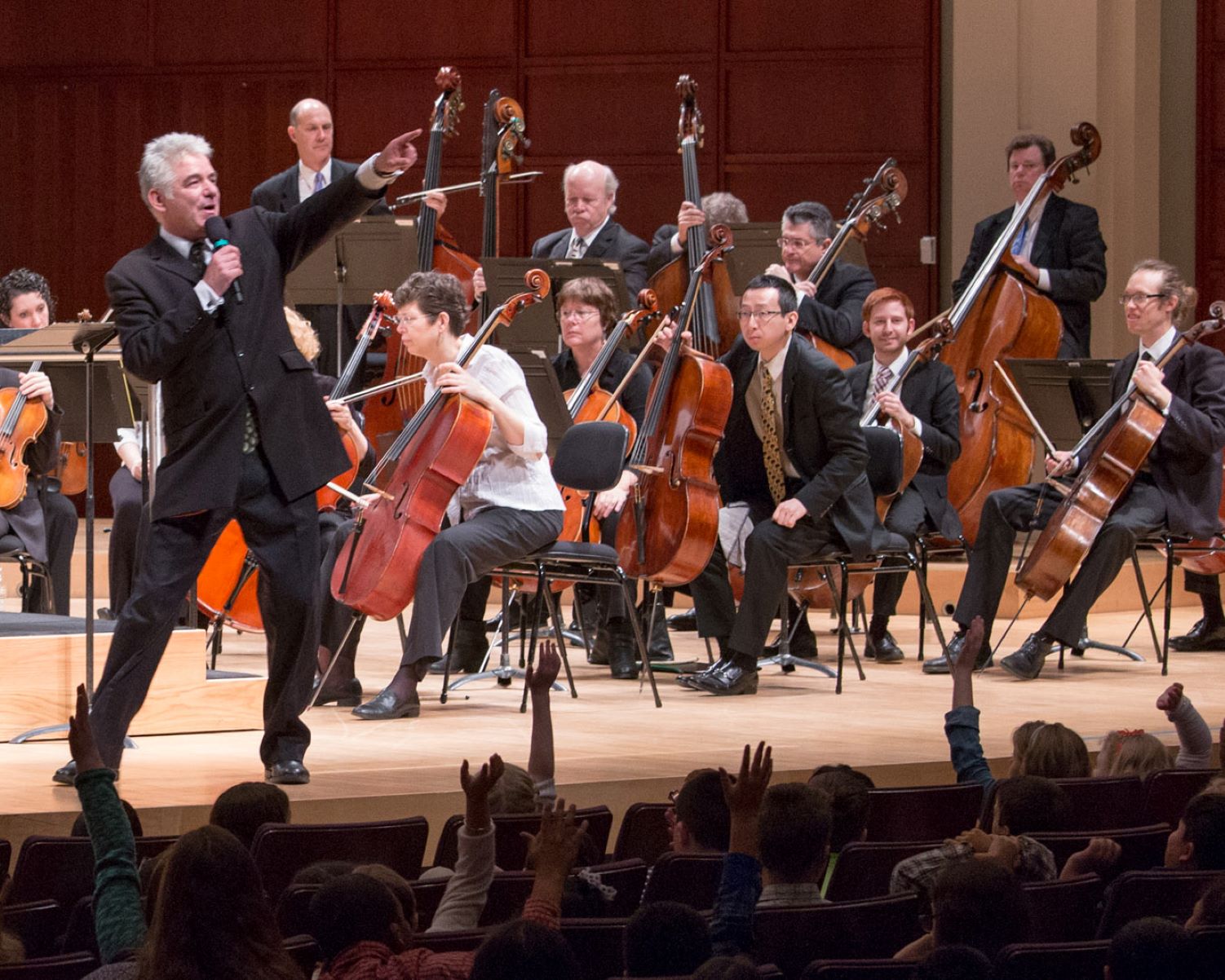Home>Events & Info>Opera>How Much Do Opera Singers Make A Year


Opera
How Much Do Opera Singers Make A Year
Modified: January 22, 2024
Discover how much opera singers make in a year and explore the lucrative career opportunities in the opera industry. Learn about the earning potential and benefits of being an opera singer.
(Many of the links in this article redirect to a specific reviewed product. Your purchase of these products through affiliate links helps to generate commission for AudioLover.com, at no extra cost. Learn more)
Table of Contents
Introduction
Welcome to the fascinating world of opera singers, where mesmerizing voices and captivating performances take center stage. Opera is a longstanding art form that has captured the hearts of audiences around the world for centuries. Behind the scenes, however, lies the intricate world of financial implications and considerations for opera singers.
As with any profession, the financial aspect plays a crucial role in an opera singer’s career. From the glamorous life on stage to the financial realities off-stage, opera singers face various factors that impact their earnings and financial stability. In this article, we will explore the factors that affect opera singers’ earnings, delve into the average income of opera singers, discuss variations in earnings based on roles and experience, and highlight additional sources of income in the industry.
While opera singing can be a rewarding and fulfilling career, it is essential to gain insight into the financial aspects and challenges that come with it. By understanding the financial landscape of opera singers, aspiring performers and opera enthusiasts alike can gain a deeper appreciation for the art form and the dedication it takes to pursue a career in opera.
Factors Affecting Opera Singers’ Earnings
The earnings of opera singers can vary significantly based on several factors. Here are some key factors that can impact an opera singer’s income:
- Role and Demand: The role an opera singer performs can greatly influence their earnings. Lead roles, such as sopranos or tenors, tend to receive higher compensation compared to supporting roles. Additionally, the demand for specific voice types or roles can also impact an opera singer’s earning potential.
- Experience and Reputation: Experienced opera singers with a well-established reputation often command higher fees. Their years of training and performance experience contribute to their market value and allow them to negotiate higher compensation for their talent and expertise.
- Contract and Performance Fees: The terms of an opera singer’s contract and the fees negotiated for performances play a significant role in determining their earnings. Some opera companies pay their singers an agreed-upon fee per performance, while others may offer a fixed salary or a combination of both.
- Location and Venue: The location and venue of performances can impact an opera singer’s earnings. Major opera houses or prestigious venues tend to offer higher pay compared to smaller regional companies or community theaters.
- Union Memberships: Membership in a professional singers’ union, such as the American Guild of Musical Artists (AGMA) or the International Federation of Musicians (FIM), can provide singers with collective bargaining power and protection. These unions negotiate contracts and ensure fair compensation and working conditions for their members.
It is important to note that the financial stability of opera singers can also be influenced by factors outside their control, such as economic conditions, funding availability for opera companies, and the overall demand for opera performances.
Understanding these factors is crucial for opera singers to navigate the financial landscape of their profession. By leveraging their skills, experience, and industry knowledge, opera singers can maximize their earnings and build a sustainable career in the highly competitive world of opera.
Average Income of Opera Singers
The average income of opera singers can vary based on several factors, including experience, roles performed, and the size and prestige of the opera company they are affiliated with. It is important to note that opera singers’ earnings can range from modest to substantial, depending on their individual circumstances.
According to a survey conducted by the American Guild of Musical Artists (AGMA) in 2018, the median annual income for opera singers in the United States was approximately $48,000. However, it is essential to remember that this figure represents the median, indicating that there is a wide range of incomes within the industry.
Opera singers who land principal roles or perform at prestigious opera houses or festivals tend to have higher earning potential. These singers can earn anywhere from $100,000 to $300,000 or even more per year. The top-tier opera singers, often referred to as “opera stars,” can earn several hundred thousand dollars per performance.
On the other end of the spectrum, emerging or less-established opera singers may earn lower incomes, especially when starting their careers. Singers in regional opera companies or smaller productions may receive fees ranging from $500 to $5,000 per performance.
It’s important to note that opera singers’ income is not limited to performance fees alone. They may also receive additional compensation for rehearsals, travel expenses, accommodation, and per diems, depending on the terms of their contract and the policies of the opera company.
While these figures provide a general idea of the average income of opera singers, it is crucial to understand that individual circumstances can vary significantly. Income can fluctuate from year to year, and financial stability often relies on securing consistent work and roles, maintaining relationships with opera companies, and continuously honing their craft.
Next, we will explore how earnings can differ based on the roles opera singers perform and their level of experience.
Variations in Earnings based on Roles and Experience
Earnings in the opera industry can significantly vary based on the roles performed and the level of experience of the singers. Here are some key points regarding the variations in earnings:
Lead Roles vs. Supporting Roles: The type of role an opera singer performs can greatly impact their earnings. Lead roles, such as sopranos, tenors, or baritones, typically receive higher compensation compared to supporting roles or chorus members. This is due to the greater demands and responsibilities associated with principal roles.
Experience and Reputation: The level of experience and reputation of an opera singer can directly influence their earning potential. Established opera singers with a successful track record and widespread recognition often command higher fees due to their reputation and demand in the industry. In contrast, emerging singers or those at the beginning of their careers may have lower earning potential as they are still building their reputation and experience.
Opera Company and Production Budget: The size and prestige of the opera company can impact the earnings of opera singers. Major opera houses with larger production budgets tend to have more resources available for higher salaries. Singers affiliated with internationally recognized opera companies are more likely to secure well-paying roles compared to those in regional or community theaters.
Regional and International Variations: Earnings can also differ based on the geographical location of the opera performance. In countries with robust opera industries and government support, such as Germany or Italy, opera singers may have access to higher-paying opportunities. However, in countries with smaller opera scenes or less government funding, singers may have to rely on a combination of performances and teaching to sustain their income.
Negotiation and Individual Circumstances: It is worth mentioning that an opera singer’s negotiation skills, personal circumstances, and market demand for their voice type can also impact their earnings. Some singers are able to negotiate higher fees based on their unique attributes or specialized knowledge.
It is essential for opera singers to understand the variations in earnings based on roles and experience and to continuously work on developing their skills and reputation within the industry. By strategically choosing roles, showcasing their talent, and building relationships with opera companies, singers can increase their earning potential and pave the way for a successful career in opera.
Additional Sources of Income for Opera Singers
While performance fees form a significant portion of an opera singer’s income, there are additional sources of revenue that can contribute to their overall earnings. Here are some common avenues for opera singers to generate income:
- Teaching and Coaching: Many opera singers supplement their income by offering private voice lessons or coaching sessions. Sharing their expertise and knowledge with aspiring singers not only provides a steady source of income but also allows them to contribute to the development of the next generation of performers.
- Workshops and Masterclasses: Opera singers often participate in workshops and masterclasses where they share their insights and skills with other singers. These educational opportunities can provide additional income while allowing them to share their experiences and mentor emerging talent.
- Recording and Broadcasting: Opera singers may have opportunities to record albums or participate in recording projects, which can generate royalty payments. Additionally, some opera performances are broadcasted on television, radio, or streaming platforms, which can lead to additional compensation for the singers.
- Concerts and Recitals: Opera singers frequently perform in concerts and recitals outside of their opera engagements. These solo performances in concert halls, churches, or special events offer a chance to showcase their talent and earn additional income.
- Corporate and Private Events: Opera singers may also be hired to perform at corporate events, private parties, weddings, and other special occasions. These performances provide versatility and an opportunity to cater to a broader audience outside the traditional opera setting.
- Commissions and Premiere Performances: Some opera singers have the opportunity to perform in world premieres of new works or collaborate with composers on commissioned pieces. These unique opportunities can provide additional income and help expand the repertoire of the opera singer.
- Grants and Scholarships: Opera singers can apply for grants and scholarships from various organizations, foundations, and opera companies to support their artistic endeavors. These funds can be instrumental in covering training expenses, participation in competitions, or pursuing specialized studies.
By diversifying their income streams and exploring various opportunities, opera singers can not only supplement their earnings but also gain recognition in different performance settings. The ability to adapt and embrace these additional sources of income can contribute to a sustainable and fulfilling career in opera.
Challenges Faced by Opera Singers in Managing Finances
While pursuing a career in opera can be artistically rewarding, opera singers face unique challenges when it comes to managing their finances. Here are some common challenges that opera singers encounter:
- Irregular Income: The income of opera singers can be highly unpredictable. The nature of the industry means that performers often have periods of intense work followed by periods of unemployment or low activity. Managing cash flow during these fluctuations can be challenging and requires careful budgeting and financial planning.
- Expense of Training and Education: Opera singers invest a significant amount of time and money in their training and education. They may need to enroll in vocal lessons, language classes, acting workshops, and coaching sessions, which can be costly. Balancing these expenses while maintaining financial stability can be a hurdle for many singers, especially those starting their careers.
- Uncertainty in Job Security: Opera singers often work on a contractual basis, which means that job security is not guaranteed. Securing roles and maintaining ongoing relationships with opera companies can be challenging, especially for emerging singers. The continuous need to audition, network, and secure future contracts adds an element of uncertainty to their financial situation.
- Healthcare and Retirement Planning: As independent contractors, opera singers are responsible for their own healthcare coverage and retirement planning. The cost of health insurance and retirement savings can be substantial, especially if they do not have access to employer-sponsored benefits. Planning for these expenses and finding affordable options can be a significant challenge.
- Social Security and Tax Obligations: Opera singers, like all self-employed individuals, are responsible for paying self-employment taxes. This includes Social Security and Medicare taxes, which can be higher than what employees pay. Understanding and managing these tax obligations can be complex, and it is essential for singers to work with accountants or tax professionals who specialize in the performing arts.
- Maintaining Financial Discipline: With the irregularity of income and competing financial demands, maintaining financial discipline can be difficult for opera singers. It requires careful budgeting, expense tracking, and distinguishing between needs and wants. Staying organized and disciplined in financial matters can help singers weather the ups and downs of their careers.
Despite these challenges, with proper financial planning and management, opera singers can overcome these obstacles and build a stable and fulfilling career. Seeking guidance from financial professionals and building a support network within the industry can help singers navigate the financial complexities and achieve long-term financial success.
Conclusion
The world of opera is not only filled with stunning performances and exceptional talent but also includes complex financial dynamics. Opera singers face various factors that affect their earnings, such as the roles they perform, their experience level, and the demand for their voice type. Understanding these factors is crucial for aspiring opera singers to navigate their financial landscape successfully.
While the average income of opera singers may vary, individual circumstances, experience, and reputation play a significant role in determining their earning potential. Lead roles and positions in prestigious opera houses can result in higher compensation, while emerging singers may start with more modest incomes as they establish themselves in the industry.
Moreover, diversifying income streams is vital for opera singers to maintain financial stability. Teaching, coaching, performing in concerts, recording albums, and participating in workshops or private events all serve as additional revenue sources. These avenues enable singers to enhance their income and expand their artistic reach.
However, managing finances in the opera industry comes with its challenges. Irregular income, high training costs, uncertainty in job security, and the responsibility for healthcare and retirement planning are just a few examples. Maintaining financial discipline and seeking guidance from financial professionals can help opera singers overcome these hurdles and establish a solid financial foundation.
Despite these challenges, pursuing a career in opera can be incredibly rewarding for those with a passion for the art form. By balancing artistic aspirations with financial considerations, opera singers can navigate their financial journey while focusing on their craft and achieving success in the captivating world of opera.
So, let us continue to marvel at the extraordinary talent of opera singers while appreciating the dedication and financial management required to pursue this remarkable career.











